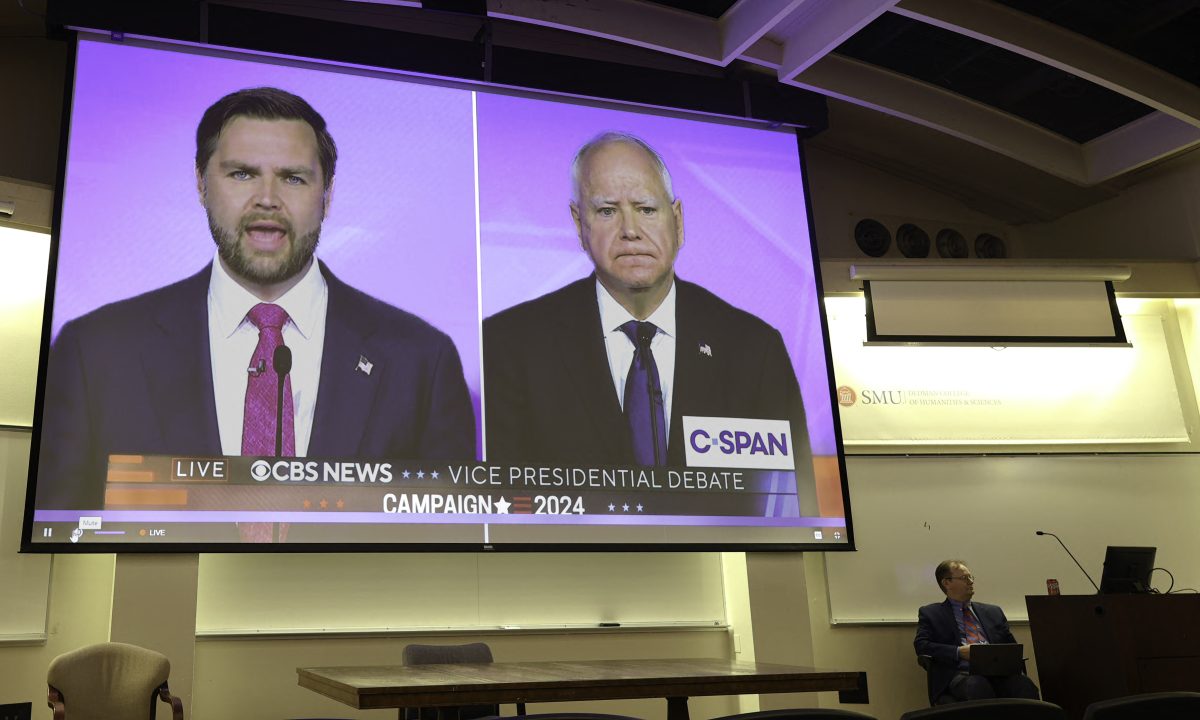This is unbelievable. No, impossible seems a better fit. But whatever way you look at it, it’s pretty likely that no one saw this coming. In a country this obsessed with sex, club jams and pop culture, how exactly does a band like The Eagles usurp the No. 1 spot on Billboard’s album charts from pop diva Britney Spears?
Regardless of its likelihood or not, it happened. In fact, “Long Road Out of Eden,” The Eagles’ first full studio album in 28 years, didn’t just beat out “dirty girl” Spears across the board, but it did so while released solely at Wal-Mart and Sam’s Club. Following suit with The Eagles on Nov. 6, with release of the concept album “American Gangster,” hip-hop innovator Jay-Z announced that his new record would be available for purchase only in stores. Now the album is on track to debut at No. 1 on the Billboard 200 this week, selling between 425,000 to 450,000 units and officially tying Jay-Z with Elvis Presley for second place among artists with the most No. 1 albums.
This isn’t exactly a new fad though. Artists like country singer Garth Brooks have been using Wal-Mart and chain stores to be the single distributor of their albums for years. But what’s so truly intriguing about this is how they did it. In a world increasingly immersed in technology every day, where records can be pirated for free easily on the Internet, The Eagles and Jay-Z have gone directly against the grain.
Normally Ed Board is here to stand up for those who defy convention in support of what they feel to be right. But this is just stupid. With iTunes running a virtual monopoly over legal Internet music downloading and Amazon’s equivalent service already receiving praise, it seems more like a rigid refusal to make the switch from Betamax to VHS than it is a statement of artistic choice.
Despite booming initial sales for both artists, it’s obvious both are still living in the past. Both weirdo rockers Radiohead and hip-hop artist and poet Saul Williams have released albums optionally for free of charge through Internet downloads this year. And since the boom of music file sharing nearly a decade ago, virtually every band not on a major label has come to realize the mass exposure and freedom that releasing an album for free online entails.
So get with it, guys. This is the future.








